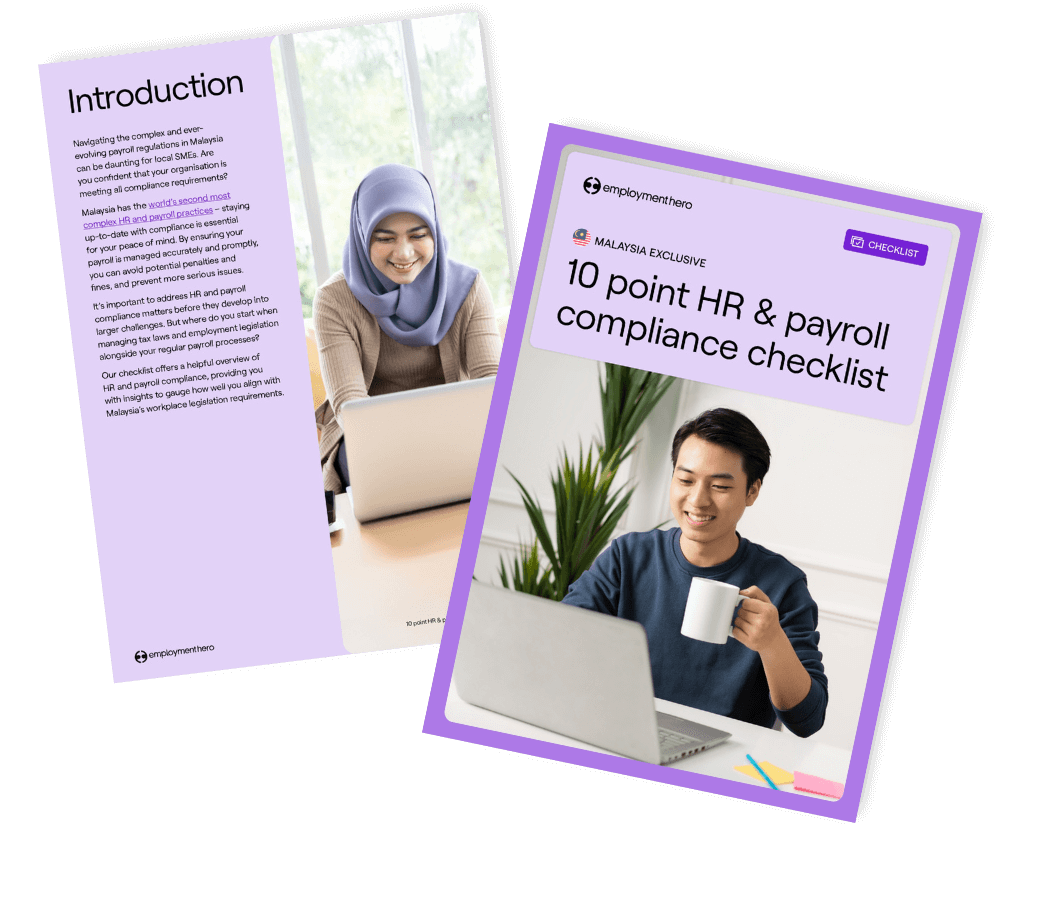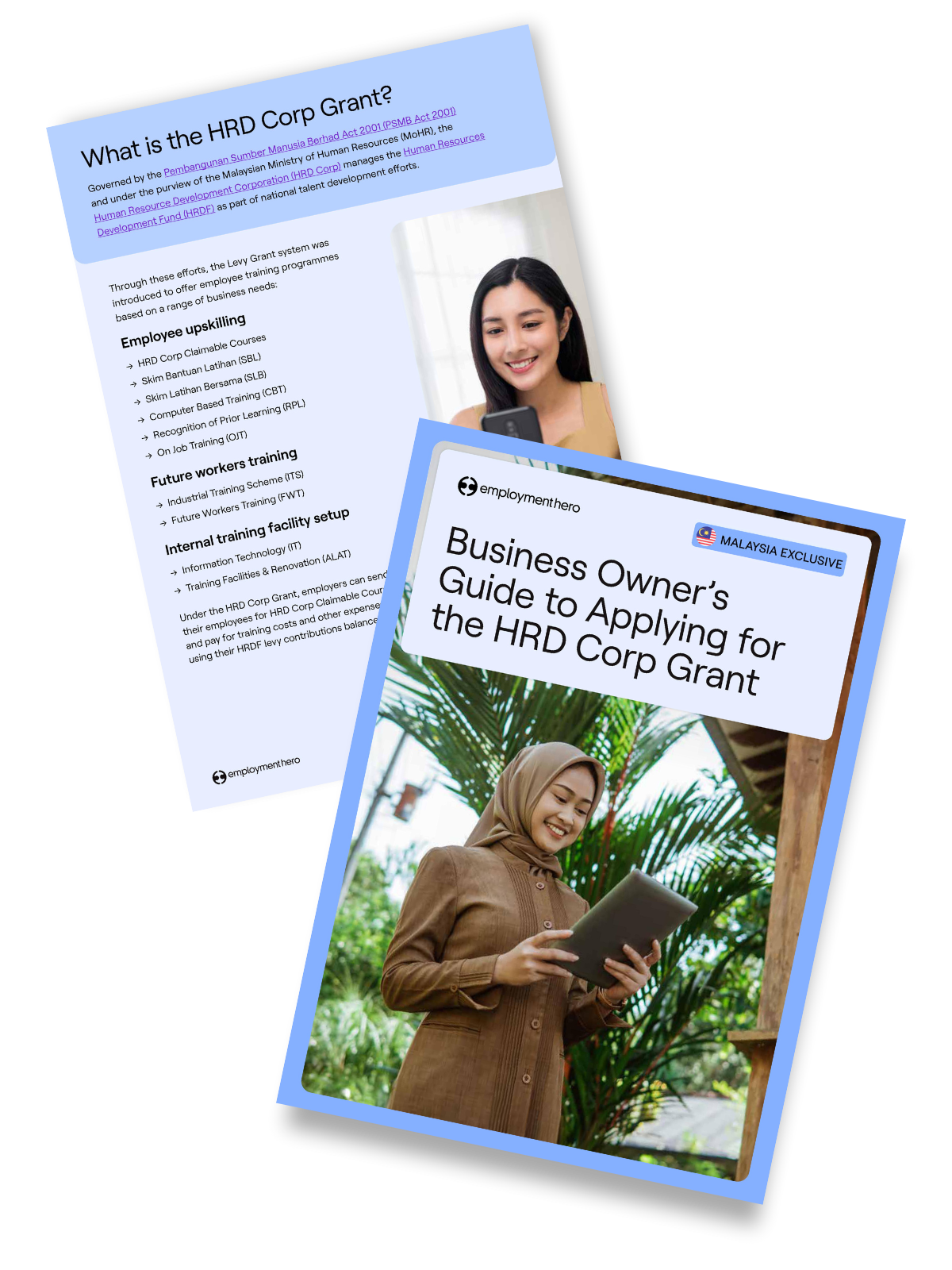What do the Malaysian election results 2022 mean for SMEs?
Published
What do the Malaysian election results 2022 mean for SMEs?
Published
5 min read
Anwar Ibrahim, Malaysia’s 10th Prime Minister, has declared Nov 28th, Monday a public holiday — a promise he made during campaigning if he was appointed prime minister.
In the lead-up to the 2022 general elections in Malaysia, economic issues were undoubtedly the top concern by voters. The pandemic has left the Malaysian economy badly battered, alongside inflation rates which reached an all-time high in August 2022, a labour crunch, a plunge in the value of the ringgit, and the rising cost of living.
It’s up to Anwar Ibrahim’s new government to first and foremost, focus on restoring and improving the country’s economy. And while the budget for 2023 was previously tabled in Oct 2022 by the Barisan Nasional (BN)-led government, it was seen as a waste of time as it was mere days before parliament was dissolved. It will have to be retabled again after the upcoming general elections, and previous provisions might be revised by the new government that comes into power.
So how will the Malaysia election result impact small to medium-sized businesses?
Download our factsheet now to find out more.
What happened in the 2022 Malaysian election results?
Malaysians have voted in the 15th general election (GE-15). And the results are in — the 3 main national coalitions failed to secure a simple majority of 112 seats in the general election held on Saturday, 19th Nov 2022. That resulted in the country’s first-ever hung Parliament.
Official results have revealed that Pakatan Harapan (PH) led by Anwar Ibrahim and Perikatan Nasional (PN) led by former prime minister Muhyiddin Yassin are neck and neck, with 82 and 73 parliamentary seats each. UMNO-led Barisan Nasional (BN) trailed behind with only 30 wins, suffering its worst defeat in its political history. As such, both PH and PN are scrambling to get smaller parties to join them, in order to cross the 112-seat line.
Since then, Malaysia has been in a political gridlock for 5 days, where the King has extended the deadline, held a special meeting with other rulers, and eventually named Anwar Ibrahim as the 10th Prime Minister of Malaysia — after elected parties agreed to the King’s proposal of forming a unity government.
Anwar leads a multi-ethnic coalition of parties with progressive leanings, while his rival, Muhyiddin’s alliance reflects more conservative, ethnic Malay, Muslim views.
Has the King chosen a Prime Minister before?
Malaysia is a parliamentary democracy. This means that the party or coalition that wins majority seats in the general election forms the government, and the leader of that party or coalition usually becomes prime minister.
In Malaysia, the role of the constitutional monarch is largely advisory, but the King does hold the powers to appoint a prime minister that has the support of other rulers and legislators.
He’s done it twice before since Feb 2020 — the first instance was when a power struggle led to the collapse of the PH government elected in 2018, and then-prime minister Mahathir Mohamad resigned. After convening with members of parliament, the King, Sultan Abdullah, appointed Muhyiddin as prime minister.
The second instance was in August 2021 — where Muhyiddin quit amidst continued instability, and after asking members of parliament to submit statutory declarations on who they thought had majority support in the house, the King appointed Ismail Sabri Yaakob as prime minister.
Who is Anwar Ibrahim, Malaysia’s 10th Prime Minister?

Anwar Ibrahim’s appointment as the next prime minister has in fact, been an incredibly long and tumultuous journey — spanning three decades in total. Despite coming incredibly close to securing the top job, he has been unsuccessful time and time again over the years, until now.
The 75-year-old was previously deputy prime minister in the 1990s, but was subsequently fired by then-prime minister Mahathir Mohamad in 1998, after a bitter falling out over differences on how they should handle the Asian Financial Crisis. He then spent nearly a decade in jail for sodomy and corruption — in what he identified as politically motivated charges aimed at ending his career.
During the 2018 general elections, Anwar allied with Mahathir again to challenge Najib Razak, the incumbent prime minister and chairman of Barisan Nasional (BN), who fell from grace after his involvement in the multi-billion RM 1MDB scandal was exposed. Their alliance resulted in a historic victory against UMNO and Najib, where Mahathir became prime minister for the second time.
Anwar became the official prime minister-in-waiting, with Mahathir agreeing to hand over the premiership to Anwar later. Unfortunately, their alliance collapsed after nearly 2 years, resulting in an unfulfilled pact.
Reactions to the Malaysian election results
Upon the conclusion of the political deadlock, markets have surged — equities rose by 3% and the ringgit rose by 1.5%, its best day in 2 weeks.
Twitter is also abuzz with cheers of support for Anwar, acknowledging his well-deserved appointment as #PM10Malaysia after decades of trying and never giving up.



Former prime minister Ismail Sabri Yaakob has also congratulated his successor on his social media pages. “I pray that the new government will continue with stable politics and ensure economic sustainability,” he says.
The wrap up
Ultimately, businesses want stability more than anything, especially since many are still recovering from the effects of the COVID-19 pandemic. Malaysia is also striving to avoid an economic recession next year, off the back of global headwinds like the war in Ukraine, and the persistent zero-COVID policy by its biggest trading partner, China.
Anwar has said his priorities as the new prime minister will be Malaysia’s economy, as well as tackling the cost of living and rising inflation. Time will tell if his government is strong and competent enough to lead Malaysia out of these challenging circumstances.
For small to medium-sized businesses, keep your eyes focused on the elected new government and how they’ll revise or add to the 2023 budget that was previously tabled.
Keep up to date with the latest news affecting Malaysian SMEs with Employment Hero. Follow us on Twitter, LinkedIn, Instagram and Facebook, and keep an eye on our Resources page for more.
Useful resources
- Payroll Guide: The Basics of Payroll In Malaysia
- Malaysia’s Employment Act (1955): A Short Guide
- The basics of Malaysian workplace health and safety
Disclaimer: The information in this factsheet is current as at 22 November 2022, and has been prepared by Employment Hero Pty Ltd (ABN 11 160 047 709) and its related bodies corporate (Employment Hero). The views expressed in this factsheet are general information only, are provided in good faith to assist employers and their employees, and should not be relied on as professional advice. The Information is based on data supplied by third parties. While such data is believed to be accurate, it has not been independently verified and no warranties are given that it is complete, accurate, up to date or fit for the purpose for which it is required. Employment Hero does not accept responsibility for any inaccuracy in such data and is not liable for any loss or damages arising either directly or indirectly as a result of reliance on, use of or inability to use any information provided in this factsheet. You should undertake your own research and to seek professional advice before making any decisions or relying on the information in this factsheet.
Looking for more resources about issues relevant to Malaysian SMEs? Download our free Remote Work Report 2022.
Related Resources
-
 Read more: 10 point HR and payroll compliance checklist
Read more: 10 point HR and payroll compliance checklist10 point HR and payroll compliance checklist
Get peace of mind with our 10 point HR and payroll compliance checklist.
-
 Read more: Business Owner’s Guide to Applying for the HRD Corp Grant
Read more: Business Owner’s Guide to Applying for the HRD Corp GrantBusiness Owner’s Guide to Applying for the HRD Corp Grant
Find out if you are eligible for the HRD Corp Grant and how to apply for it here.









